The genius of our authentic cookery is in the simplicity and freshness that rely on the product of the sun, the sea and the land. Since our food is time-honored recipes, passed down through generations and perfected along the way, the cuisine became effortlessly balanced, healthy and vegan-friendly. We believe our wholesome food is not only regarded as a legitimate source of pleasure but also a means for physical regeneration.
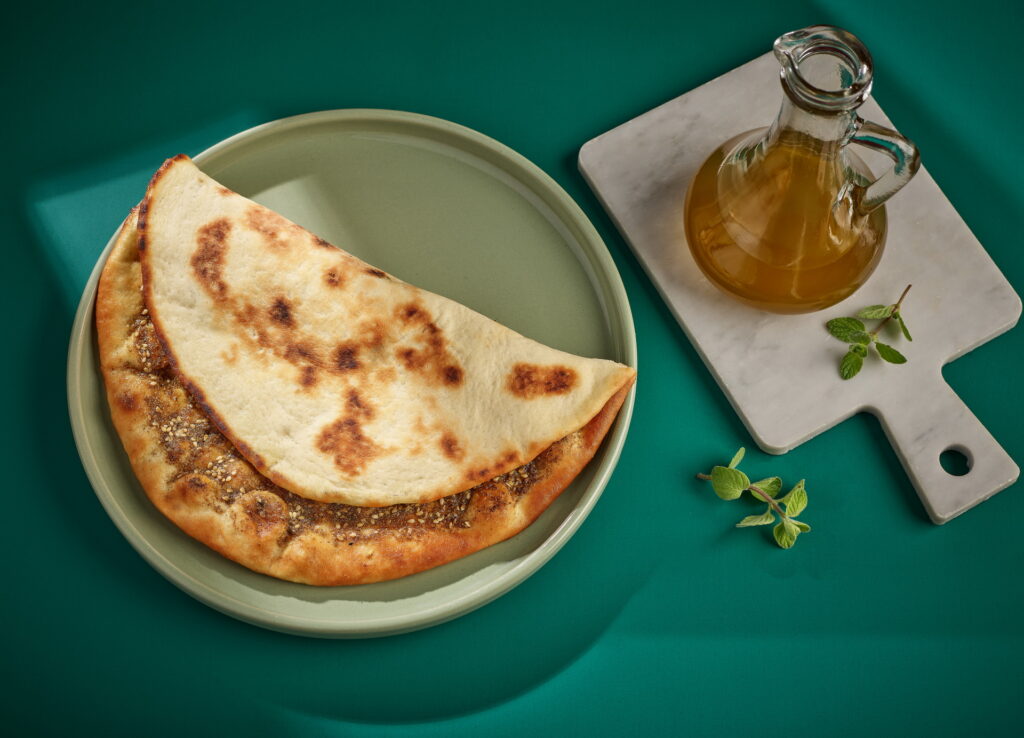
Custodians of the environment, our packaging is made of sustainable natural product sourced from bio-based renewable material. From our chef to you, our food is sealed to ensure food quality and safety. Heat and cold resistant, our packages and meals can be stored in fridge and heated later to cater for your cravings, reducing the carbon footprint per serving. We also facilitate planned ordering to reduce food waste and minimize further supply chain carbon footprint.
Since antiquity, different countries have existed during different times between the Mediterranean Sea and the Indian Ocean. Here was a land where political frontiers were forever shifting as a result of internal development, or under impact of foreign political interventions or military conquest. Yet, the unity of the lands, in terms of humanity, culture and heritage always remained; where nations rose and others fell, traditions merged, and cultures expanded
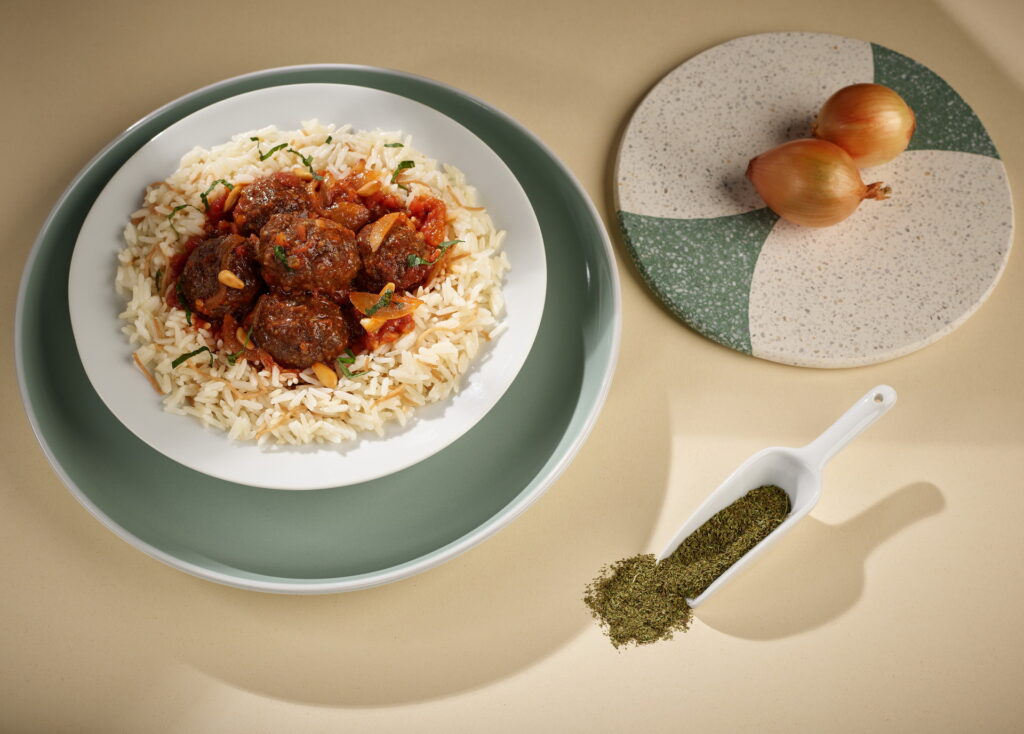
Allow us to take you on this 4000 years historical journey of the Mediterranean Levant adaptive culinary culture. So sit with us at your dinner tables, as long as you can, and converse to your hearts’ desire, for those are the bonus times of your life.
The Ancient Lebanon: 2500 BC – 333 BC
Our story starts in one of the cradles of humanity, with the Phoenicians, a Thalassocraetic civilization with north-west Semitic Canaanite origins. Birthed from the horticultural and pastoral Canaanite culture, a feverishly active, forever-on-the-move society that dominated the maritime trade of the Mediterranean over a millennium, facilitated the exchange of cultures, ideas and knowledge between Mediterranean cities since the Bronze Age. They established colonies and trading posts across the Mediterranean, from their Levantine homeland to the Mediterranean west going via Carthage and making it, for the all the way to Spain with the famous settlements in Abdera (Adra), Baria (Villaricos) Carmona (Carmo), Gadir (Cádiz), Malaca (Málaga), and Sexi (Almuñécar).
Their peaceful coexistent culture, trading skills and maritime dominance allowed their knowledge to strive and be enriched with different practices discovered from other Mediterranean cultures. And since food is culture, habit, craving and identity, the Phoenicians amassed the techniques and tastes of the Mediterranean to enrich the diet available in the Levant region of the eastern Mediterranean. This diet includes olive and olive oil, cheese, fish, goat meat, thyme, grapes, blueberry, a multitude of Mediterranean herbs and spices, wine and a many more.
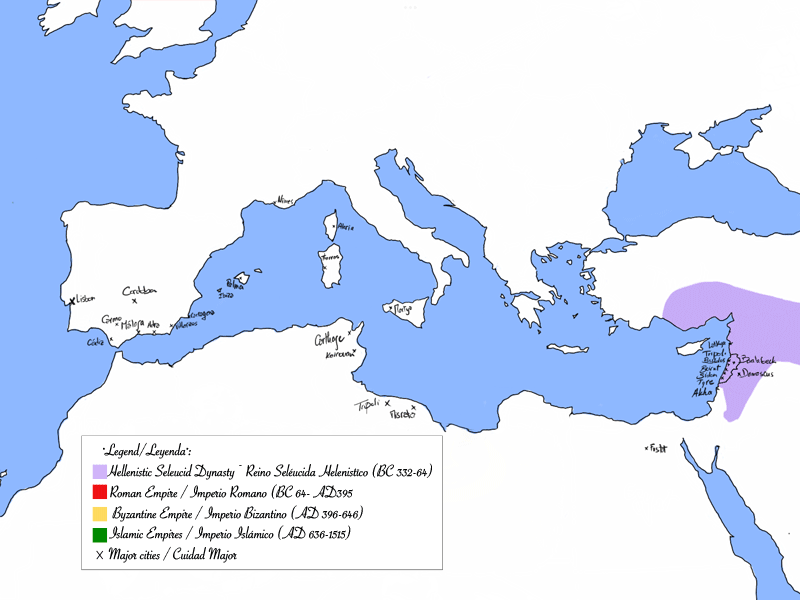
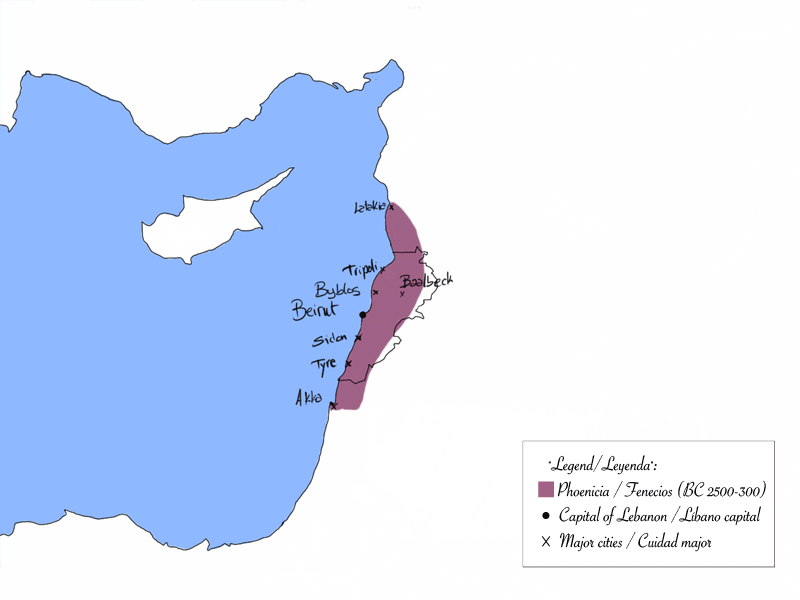
The Classical transition and Medieval Lebanon: 332 BC – 1515 AD
Following Alexander the Great’s conquests and the fall of Tyr in 332BC, the Levant culture went through the Hellenistic adaptations of that era under the Hellenistic Seleucid Kingdom {332 – 64BC}. When the Roman Republic came to play, Pompey absorbed the region into the vast Roman body that later became the Roman Empire stretching across the Mediterranean {64BC – 395AD}. And when that Empire fell, the Byzantine Empire dominated the Levant {396 – 676 AD}.
After that, over the next millennial, the Levant formed part of a large territory of Islamic Empires {636 – 1515 AD} stretching from beyond the Persian Sea to Spain, succession ruled by caliphs or sultans who were dominantly Arabs, except for the Crusade period where the costal and northern part of Syria territory fell under the ‘Frenkish’ domination for a short period.
Under these new banners, most of the sub-civilizations coexisted and hence shared cultures with slight differentiation expressing their distinctive traits in daily habits and food preferences. Side by side with the Arabic common language each period followed a common traditional culture inclination, modifying the cultural food here and there to varying degrees to integrate different local preferences and fresh produce availability.
Medieval Muslims regarded food not only as a legitimate source of pleasure but also a means for physical regeneration – preventing and curing illnesses. Furthermore the Arabic concept of hospitality and generosity of meals are generally entails large gatherings with much sharing and great deal of warmth around the dinner table. This leaded to the birth of the Mezze (close relative of Tapas), an array of dishes made specifically for socializing, where every region has unique garnished unique mezze platters based on its traditional dishes and its local seasonal ingredients. Food became a means of expressing one’s identity as well as showing affection towards loved ones.
With the Islamo-Arabic enlightenments, prosperous social classes were created that demanded the best wealth could offer, which naturally included gourmet cuisine. Understanding that the key to good cooking was the freshness of ingredients and hygiene, the people of that time believed that what elevated a dish was not the expensive ingredients as much as the utmost care taken to clean the food, the receptacles and utensils used in creating the food. The cooks of that era also understood that to extract different tastes and textures from an ingredient, different levels of heat should be applied in the cooking process. Such a demanding and ambitious cuisine prompted the cooks to be inventive in devising their own implements and techniques, slow-cooking ovens, steam cookers, tannour ovens, water-bath heating and much more.
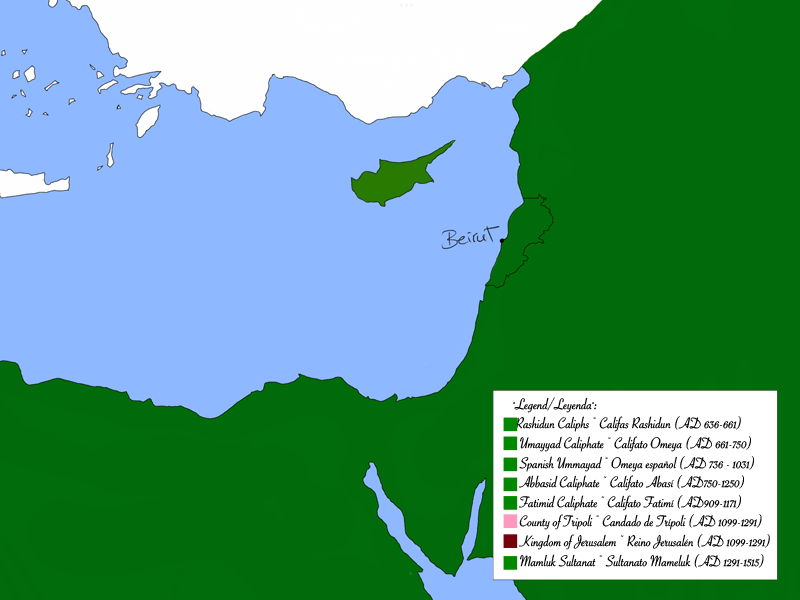
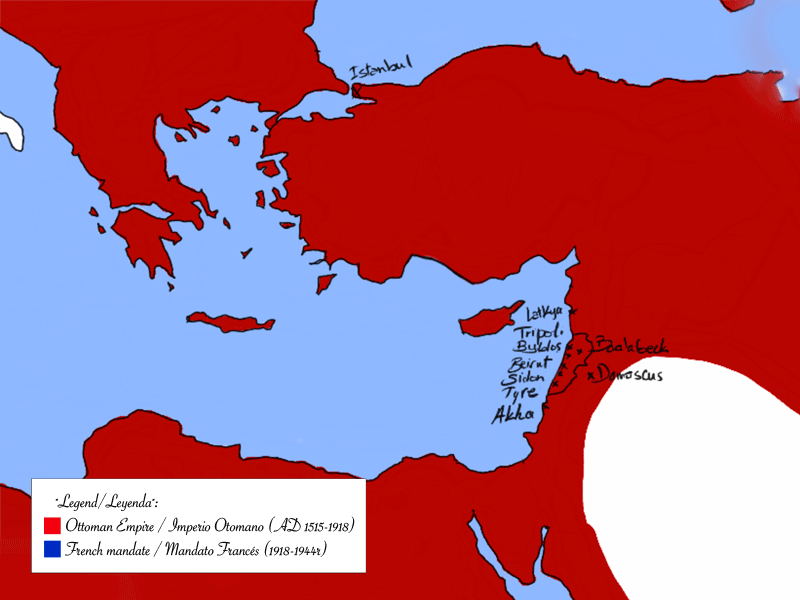
The Ottoman Lebanon and the French Mandate:
Following the rein of the Islamo-Arabic rule, the Ottoman empire came to play in the Middle East. The 400-year Ottoman rule deepened what had become a regional identity where they successfully compiled, abridged and augmented the culinary culture of the region, putting lamb at the center of meat choice and embellishing the vegetable and meat stuffing.
When the Ottomans were defeated in WW1, the French took their place as occupiers and helped create the modern-day Lebanon, a snapshot of multicultural identities of the region. While the French were for a brief moment, they helped push the Lebanese cuisine to an international level.
The genius of Lebanese cookery is the simplicity and freshness that rely on the product of the sun, the sea and the land. It has the sophistication and finesse of the French cuisine with the exotic aromas of the Middle east.
Tomillo Team
The taste of that history is on click away!
Rich and fulfilling dishes that cater for all dietary preferences

CULTURALLY AUTHENTIC
Garnered from coffers of Caliphs and Kings, serving dishes that developed at the crossroad of civilization and made specifically for socializing.
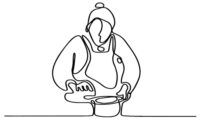
WHOLESOMELY HOMEMADE
Rumored to spare the need of a doctor, providing a mix of flavors and techniques that extract the warmth and nutritious benefits of fresh produce.

ENVIRONMENTALLY CONSCIOUS
Custodians of nature and cultural heritage, facilitating planned ordering to reduce food waste and minimize supply chain carbon footprint in eco-packaging.
